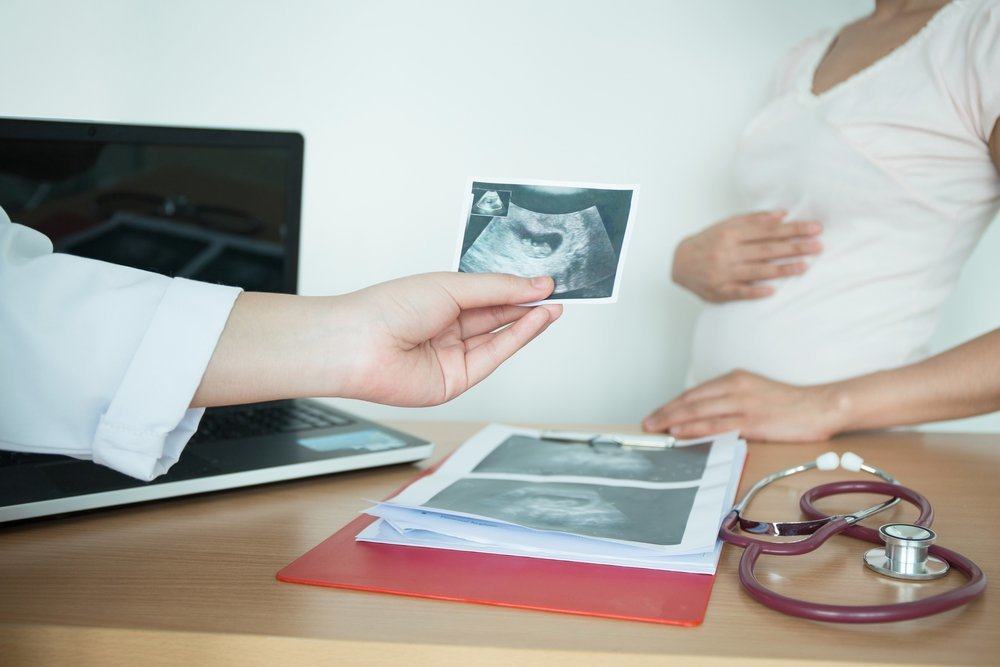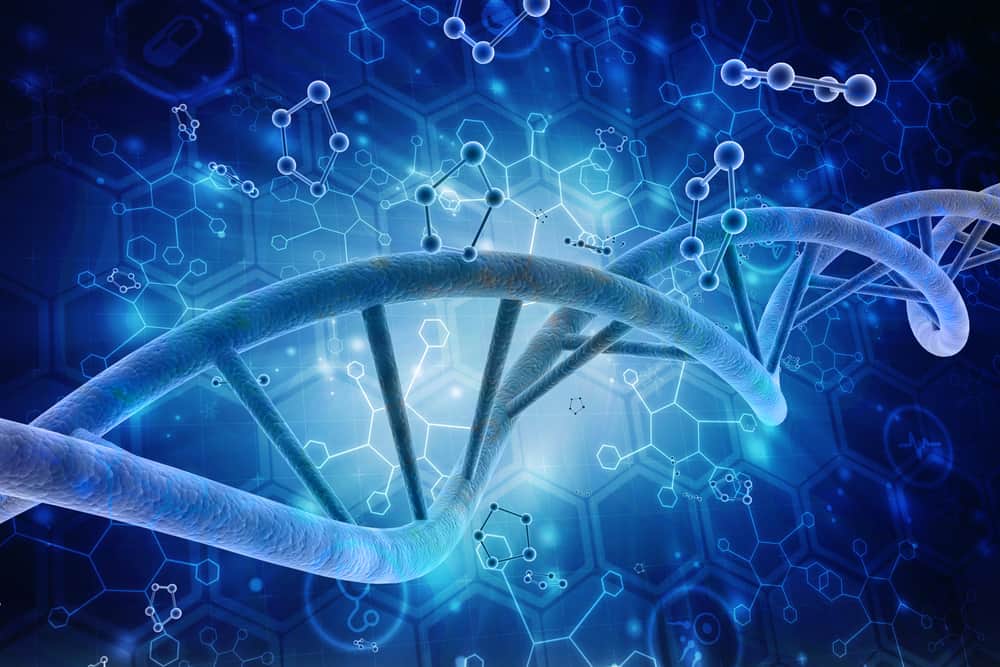Contents:
- Medical Video: Should You Get Genetic Testing During Your Pregnancy?
- How important is antenatal care?
- For what is a pregnancy examination done?
- How many times do I have to get a pregnancy check up?
- What will be done during a pregnancy checkup?
Medical Video: Should You Get Genetic Testing During Your Pregnancy?
Are you pregnant or planning a pregnancy? Have you checked your pregnancy to a doctor? Checking yourself with your doctor during pregnancy even when you are still planning a pregnancy is very important. Pregnancy checks can support a healthy pregnancy, so that your baby will be born in good health.
How important is antenatal care?
During pregnancy, of course you have to get optimal care with the aim of maintaining your and your baby's health. Pregnancy examination or antenatal care (ANC) by a doctor or midwife is an effort to get optimal pregnancy care. Pregnant women who often check their pregnancies to the doctor can find out the health condition of themselves and the fetus, so that he can prevent bad things from happening to him and the fetus.
Some studies have also proven that prenatal care also helps improve maternal and fetal health. Research shows that babies from mothers who do not carry out antenatal care are three times more likely to have a low birth weight and five times more likely to die than babies born to mothers who carry out antenatal care during pregnancy.
READ ALSO: Importance of Women to Gynecologists Although Not Pregnant
For what is a pregnancy examination done?
The following are the benefits of having a pregnancy check up.
- Helps prevent mothers from experiencing pregnancy complications. Pregnant women are very vulnerable to complications, such as hypertension and gestational diabetes. Examination of pregnancy can find out how much risk pregnant women can experience these complications. The diagnosis of these complications can also be emphasized earlier through prenatal care, so that early treatment can be done to prevent more serious complications.
- Monitor fetal health in the womb. Not only monitoring maternal health, prenatal checks also help monitor fetal growth and development in the womb. The doctor can monitor the health of the fetus directly by listening to the fetal heartbeat, checking the size and position of the uterus and fetus, and performing various abnormalities tests. Some fetal conditions that can be detected before the baby is born may be treated or reduced at risk.
- Giving mothers more knowledge about what should and should not be done during pregnancy. Doctors or midwives usually explain the importance of proper nutrition during pregnancy. Your doctor or midwife also monitors your weight during pregnancy, so that your pregnancy remains in a healthy condition.
- Helping the mother prepare for birth. Not only during pregnancy, prenatal care also helps provide information about the choice of how to give birth according to the condition of the mother. In addition, it also provides knowledge of what mothers should do after the baby is born, about breastfeeding (IMD and exclusive breastfeeding) and how to care for newborns.
How many times do I have to get a pregnancy check up?
You can start checking your pregnancy as soon as you find out that you are pregnant. The earlier you start checking your pregnancy, the better, so you get more information you need to keep your pregnancy healthy. Some tests to detect abnormalities in the fetus, such as tests for thalassemia must also be done before your pregnancy is 10 weeks.
READ ALSO: List Must Be Prepared When Birth Time Is Near
Most women begin their pregnancy checks in the first trimester of pregnancy. After your first visit, the doctor or midwife will arrange another meeting with you in the next few weeks. Usually you will be asked to make a visit every once a month during the first 6 months of pregnancy. Furthermore, the frequency of your visit can be more frequent (every two or three weeks) because the time you give birth is getting closer.
Pregnancy checks can also be done more often when:
- Your pregnancy has problems, both those that occur to you and your fetus
- You are more than 35 years old during pregnancy. Pregnancy at the age of more than 35 years has a higher risk of experiencing various complications.
- You may worry whether your pregnancy is progressing or not.
At the very least, you should get a pregnancy check up to 10 times if this is your first pregnancy. And, if you already have children, at least you have to do a pregnancy check-up 7 times, unless you have certain medical conditions.
What will be done during a pregnancy checkup?
At your first pregnancy check up, your doctor may do various things, such as:
- Ask about your medical history, such as a history of illness, surgery, or previous pregnancy
- Asking about your family's health history, has your family ever been suffering from certain diseases?
- Perform a complete physical examination, such as pelvic examination and PAP smear
- Taking blood and urine to be tested
- Check your blood pressure, weight, and height
- Calculate your baby's birth date
- Explain to you the importance of nutrition during pregnancy (such as folic acid, calcium and iron), how you should manage your diet, and adopt a healthy lifestyle.
At the second and subsequent pregnancy checkups, the doctor will check your health condition and make sure your baby grows as expected. The doctor may do:
- Blood pressure check
- Measuring your weight
- Take an ultrasound to check how your baby's growth and development are in the womb
- Check your baby's heartbeat
You may also be asked to do various health tests according to your age, your medical history or family, or based on your routine test results.
READ ALSO: 13 Things You Must Do During the Third Trimester of Pregnancy












